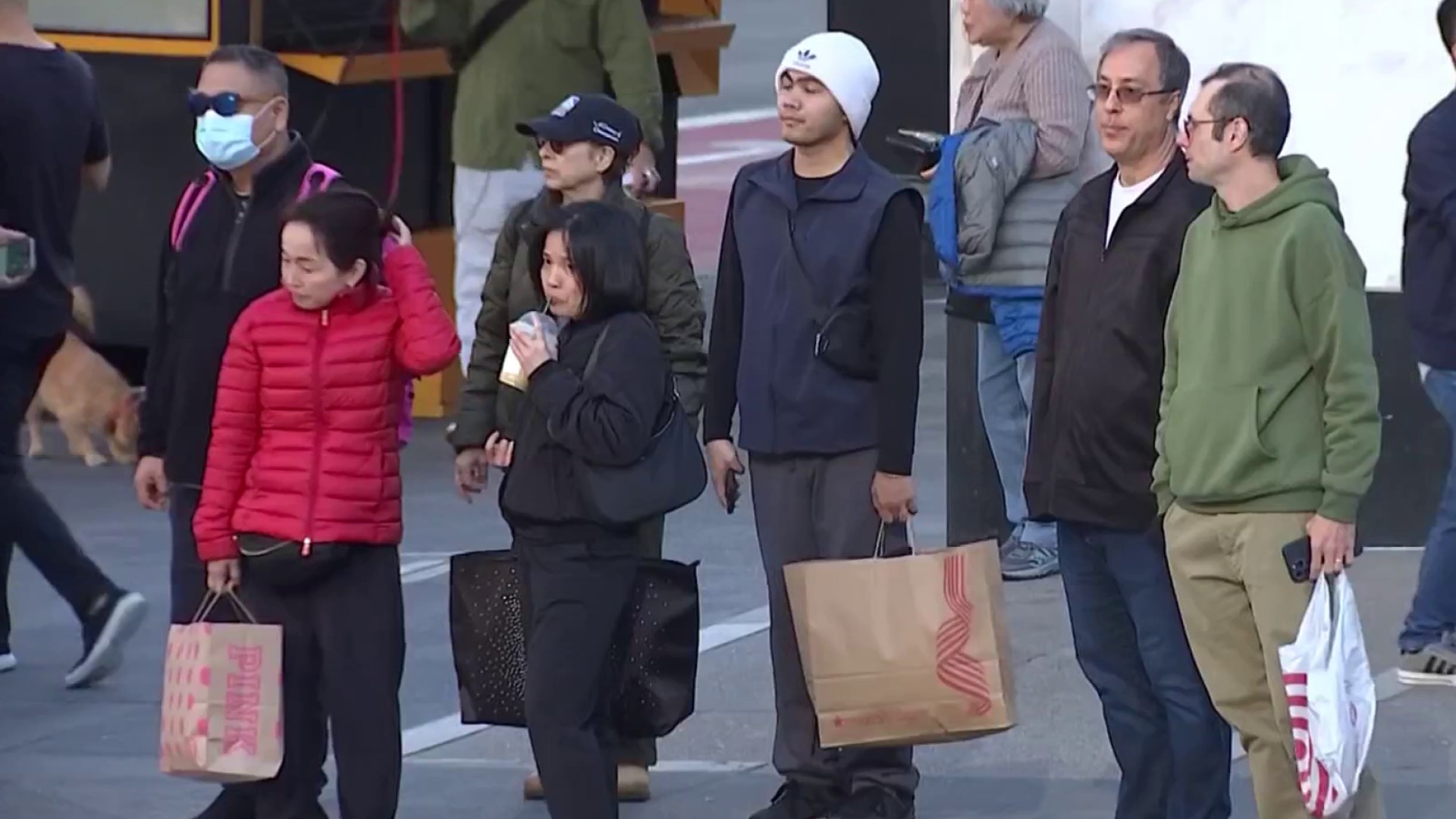Closing arguments began Thursday in the fraud trial of Theranos founder Elizabeth Holmes in federal court in San Jose.
Holmes is accused of defrauding investors and endangering the lives of patients who believed in the company's "breakthrough" blood testing technology.
Holmes went from Stanford drop-out at 19 to the world’s first self-made billionaire woman at 31. Now at 37, Holmes has seen her Silicon Valley company shut down, and she faces up to 20 years in prison for each of the fraud counts against her.
During the trial, government prosecutors called 29 witnesses, several of whom testified that Theranos tests showed mistaken results, and Holmes knew the tech was faulty as she continued to pitch it to investors and consumers.
On Thursday, prosecutor Jeff Schenk summed up testimony by former Theranos workers, investors and patients who all said Holmes' claims that her cutting-edge technology could detect hundreds of diseases from a few drops of blood were proven wrong early on.
But the prosecutor told jurors testimony showed Holmes continued to make false statement, present phony lab result and fake documents, and then claimed she did not know what was happening in labs when news stories revealed problems.
Legal analyst Michele Hagan said in reviewing months of testimony, it's important for prosecutors to keep jurors focused.
Local
"If you can tie it together instead of repeating it, you can actually explain to the jury why we care about this case," Hagan said. "We care about this case because Elizabeth Holmes' technology put patients lives and health at stake."
Defense attorneys during the trial called three witnesses, including Holmes, who testified she was manipulated by ex-boyfriend and fellow Theranos executive Sunny Balwani, calling him mentally and physically abusive and controlling.
Get a weekly recap of the latest San Francisco Bay Area housing news. Sign up for NBC Bay Area’s Housing Deconstructed newsletter.
Holmes also testified she dropped out of Stanford because she had been raped on campus.
Defense attorney Kevin Downey on Thursday started his closing argument by admitting mistakes were made, but emphasized Holmes' claims that she never intentionally misled investors or patients. Downey also pushed hard on reasonable doubt.
It wasn't immediately clear when closing arguments were expected to wrap up.



